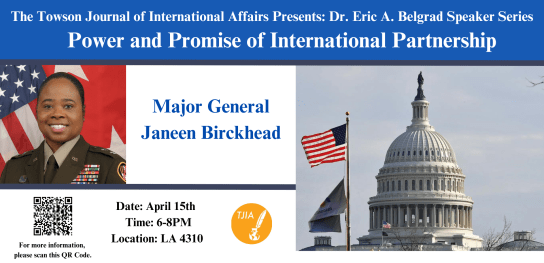Volume V- No.2
Avery Ward
Abstract:
This article evaluates the role and mechanisms of the World Politics Simulation (WPS) developed at Wayne State University by William Coplin and assesses the utility and validity of the technique of theory building presented by simulation. WPS is an educational computer instrument that enables a participant to understand the environmental factors in both the domestic and international realms that can influence the decisions made by a state. These factors, known as “propositions” within the program, are the rules that govern the system. They levy on the participant the types of political and socioeconomic activity that are codependent on each other. WPS focuses on examining the domestic side of the creation of foreign policy, ranging from political parties’ perceptions of international relations to their foreign and economic policy preferences. WPS does not have as many propositions that concentrate on the international system, and it is unable to account for influence such as international organizations. The extent and value of WPS in examining the theories of International Relations is therefore limited, in large part due to the technical limitations of language that muddle the discourse between the simulation’s participants and administrators alike. Ultimately, this program is limited in the realm of theory building, but it remains a valuable educational tool in demonstrating the dynamics of international relations.



